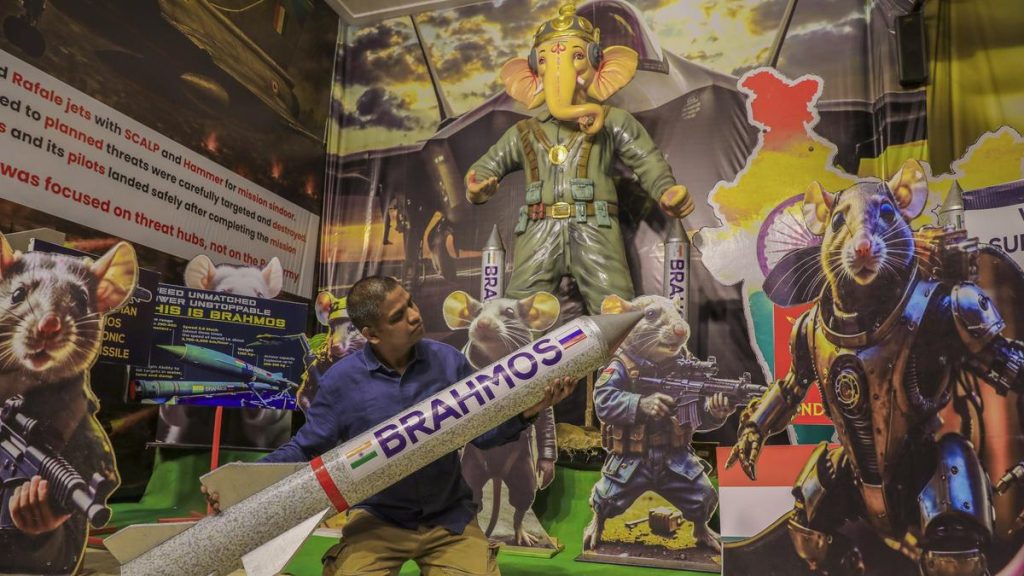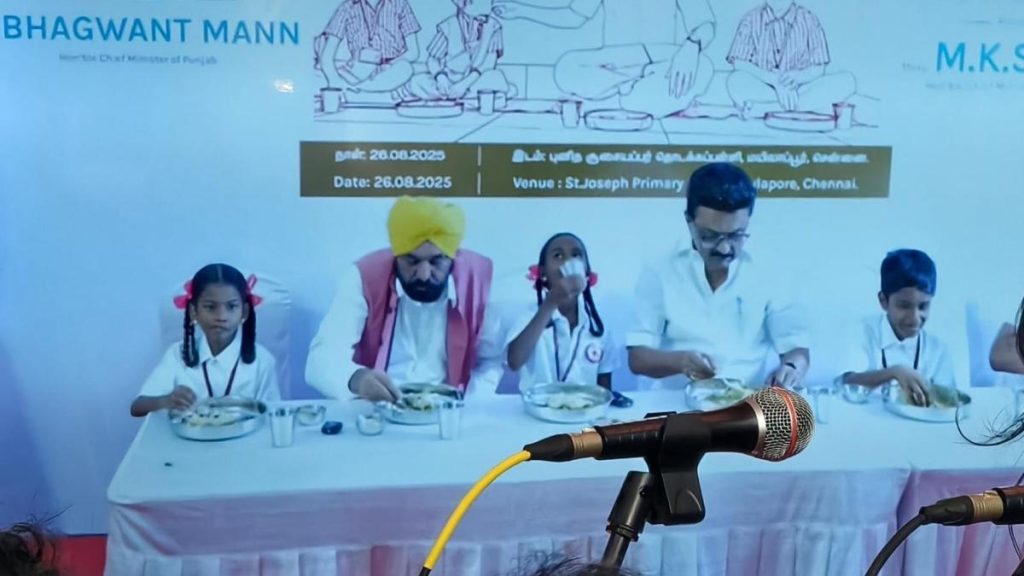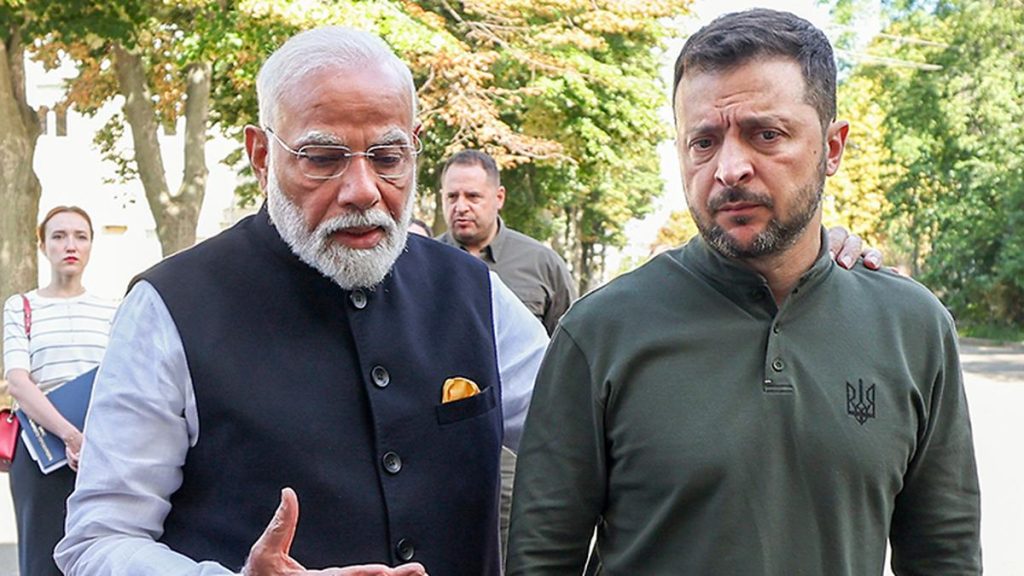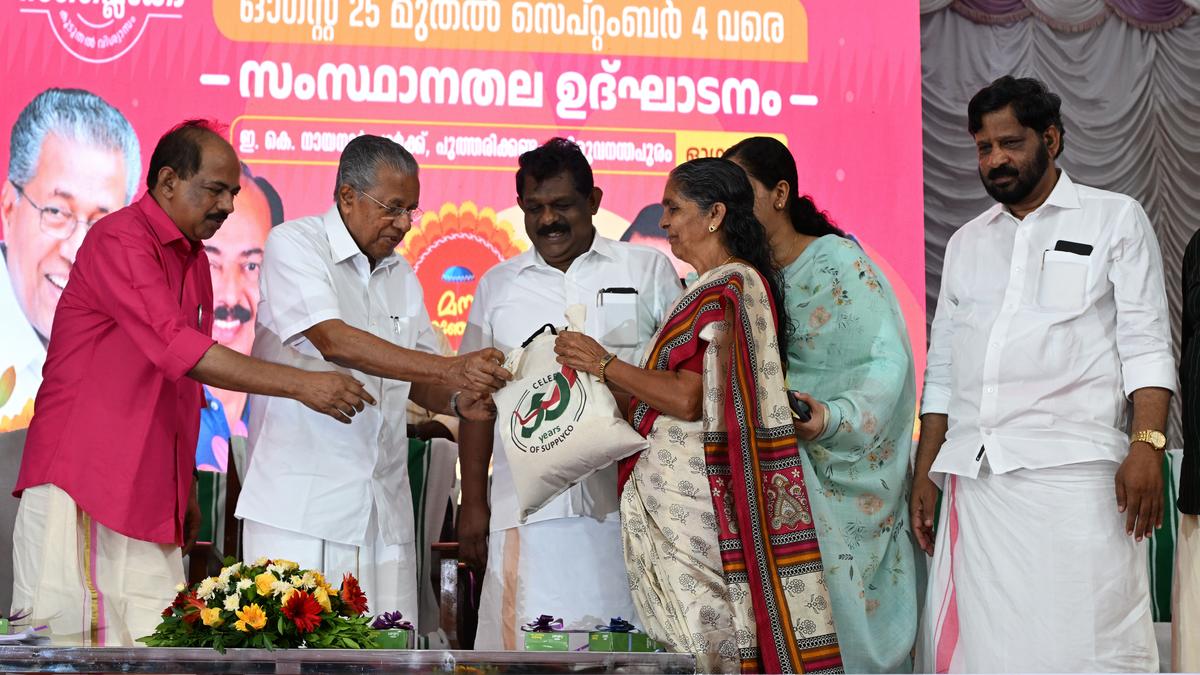Now Reading: KLE Society to Launch Farm Sciences Institute in Belagavi
-
01
KLE Society to Launch Farm Sciences Institute in Belagavi
KLE Society to Launch Farm Sciences Institute in Belagavi
Quick Summary
- KLE Society initiatives: Launching a College of Agricultural Sciences on 60 acres in Tenikolla, Belagavi district this academic year. The institute will offer graduate degrees in agriculture and allied sciences.
- Admissions Details: 120 students will be admitted annually, divided between Karnataka Examination Authority (KEA) government quota (72 seats, 60%) and KLE Society quota (48 seats, 40%). Preference given to children of farmers owning agricultural lands.
- Course Structure: Four-year program spanning eight semesters with fees at ₹60,500 per semester under KEA norms; curriculum includes significant practical experience-50% hands-on learning with six months under the Rural Agriculture Experience Program.
- facilities and Infrastructure:
– Modern laboratories established; course incorporates skills in horticulture,seed science technology,mushroom production,bio-agents production.
– Access to 800 acres for demonstration farming plots and usage of KLE Krishi Vigyan Kendra facilities until additional infrastructure is developed over two years.- Hostel accommodations available for both boys and girls planned onsite.
– Co-curricular aspects include sports, NCC/NSS opportunities for holistic growth.
- Industry Linkages & AI Usage: Collaboration with accomplished farmers; exposure to dairy/poultry farming methods and value addition technology. Artificial intelligence will assist student learning as well as provide technological support for farmers.
- Recruitment Plans: Notification issued to hire teaching/non-teaching staff-39 teaching faculty members and 43 supporting personnel necessary for the institute’s functioning. Exams follow guidelines by University of Agricultural Sciences Dharwad.
Indian Opinion Analysis
The establishment of a College of Agricultural Sciences by KLE Society reflects an important development in private agricultural education within Karnataka’s higher education landscape. The State previously lacked privately-run farm colleges despite their presence elsewhere across India-a gap now partially addressed through permissions granted by the government this year. by combining structured classroom theory with field-oriented programs like RAWE focusing rural innovation + emerging custom-curated modules advancing-next-gen

























